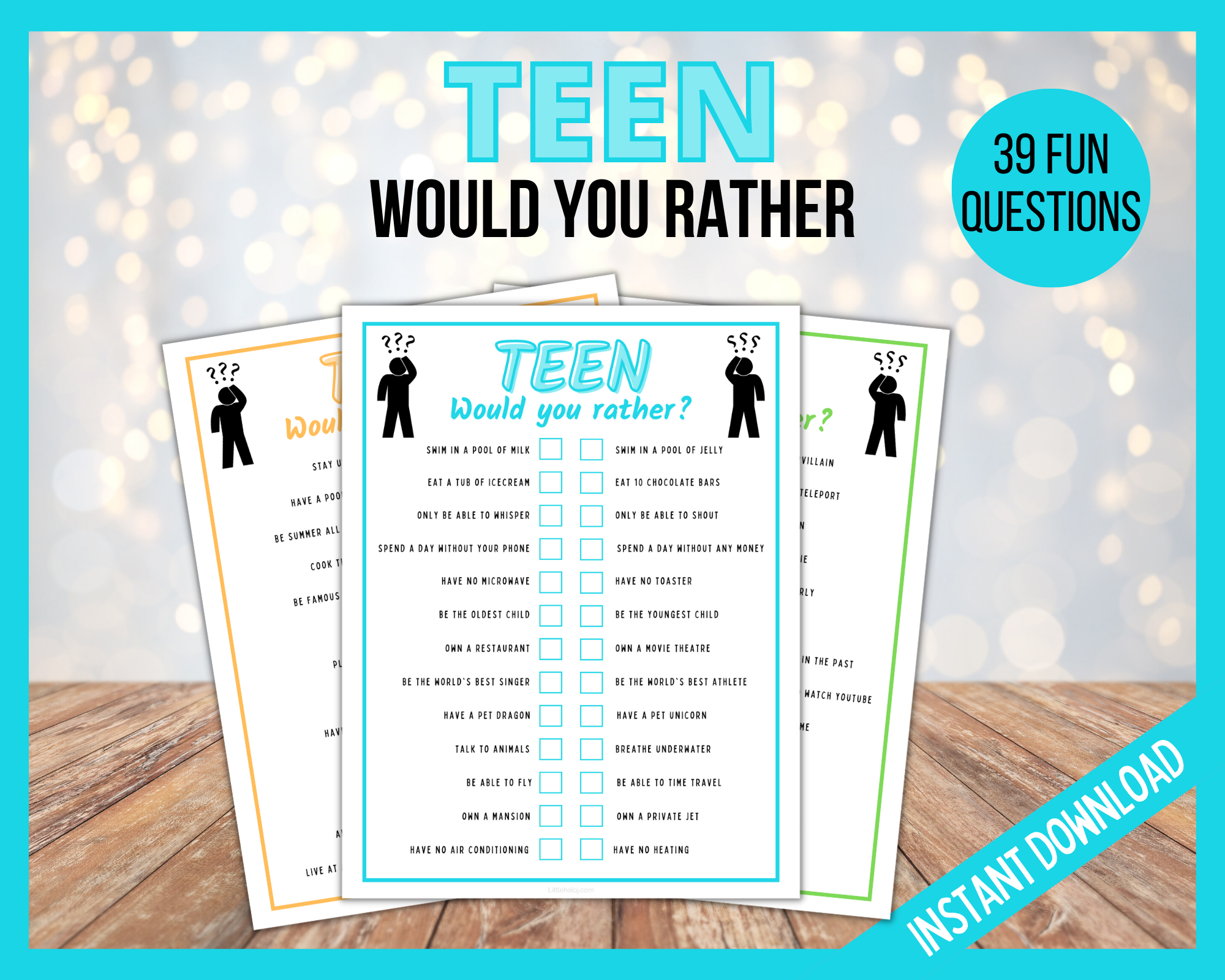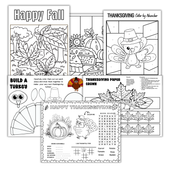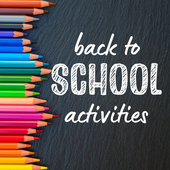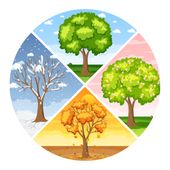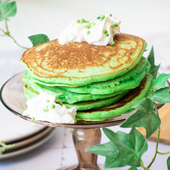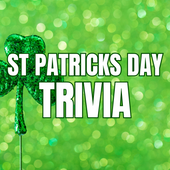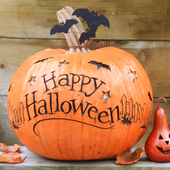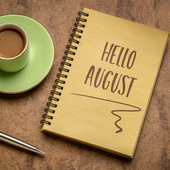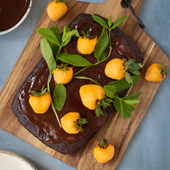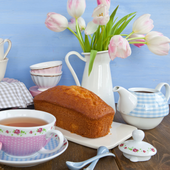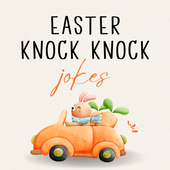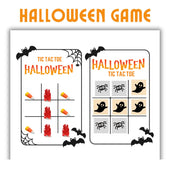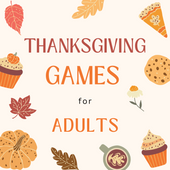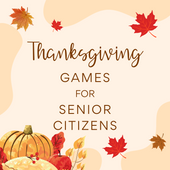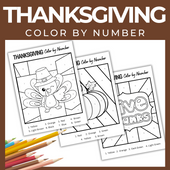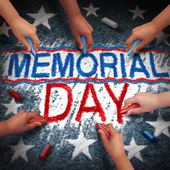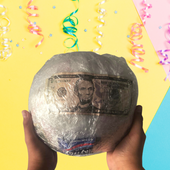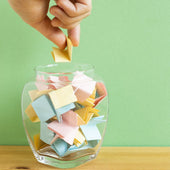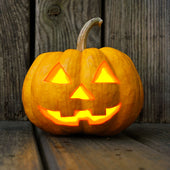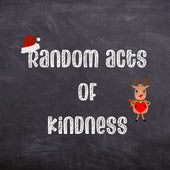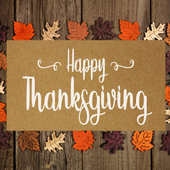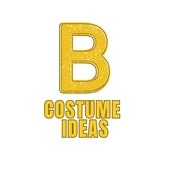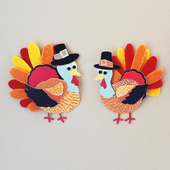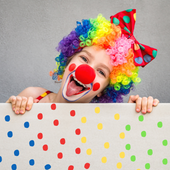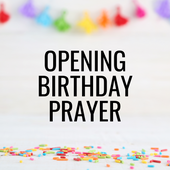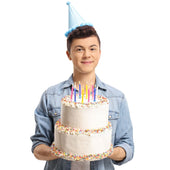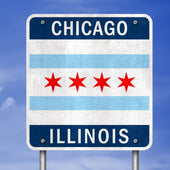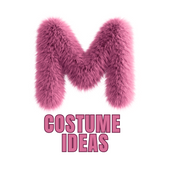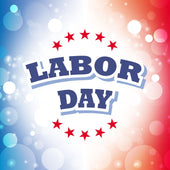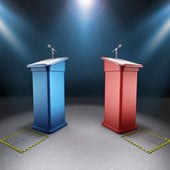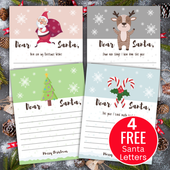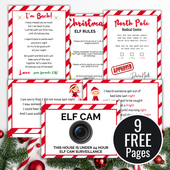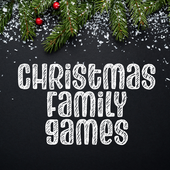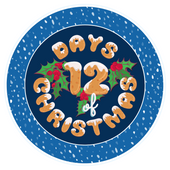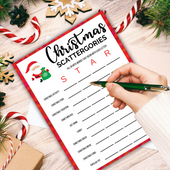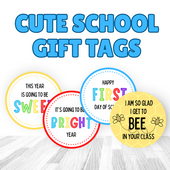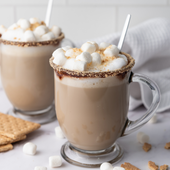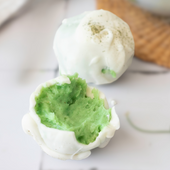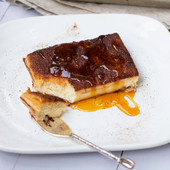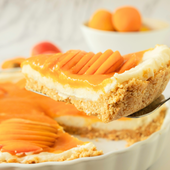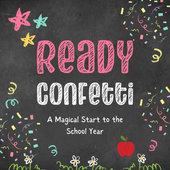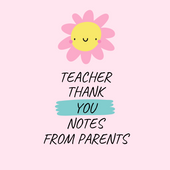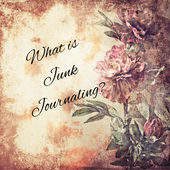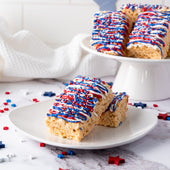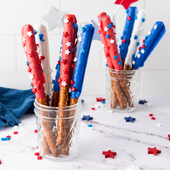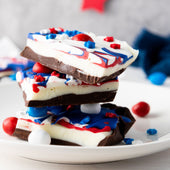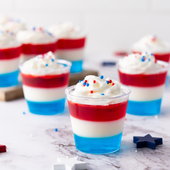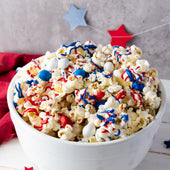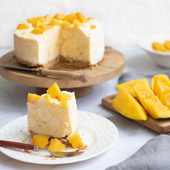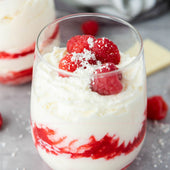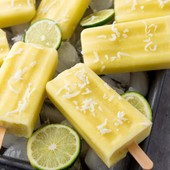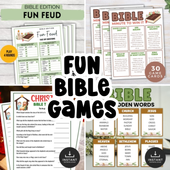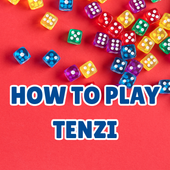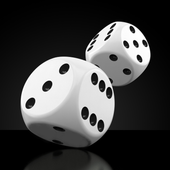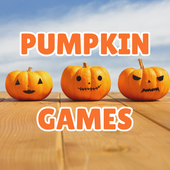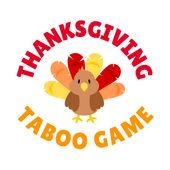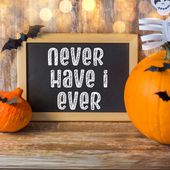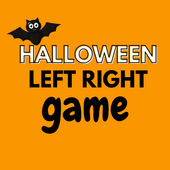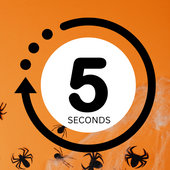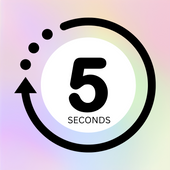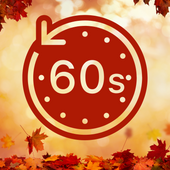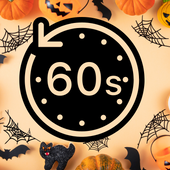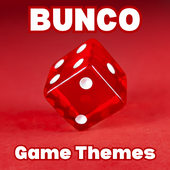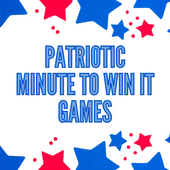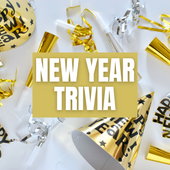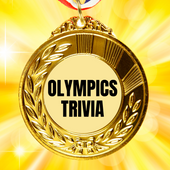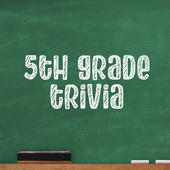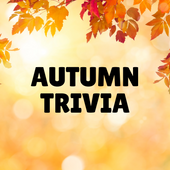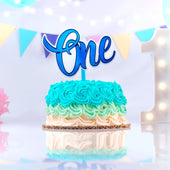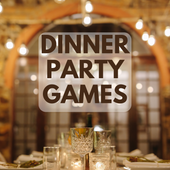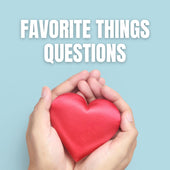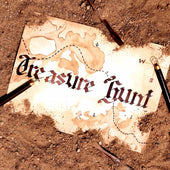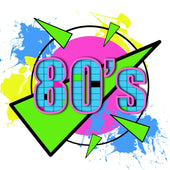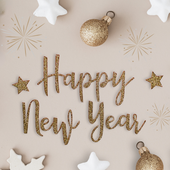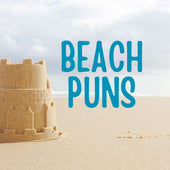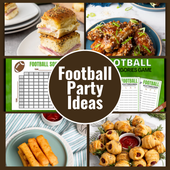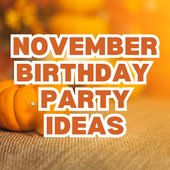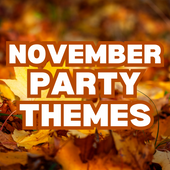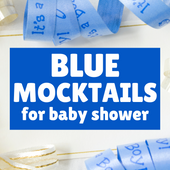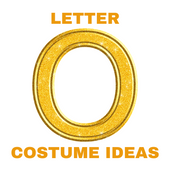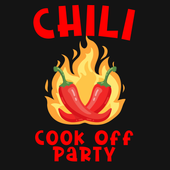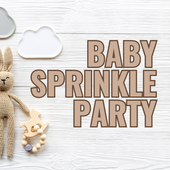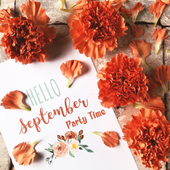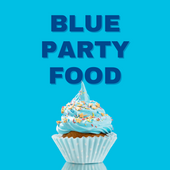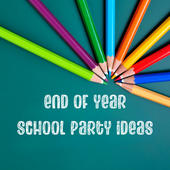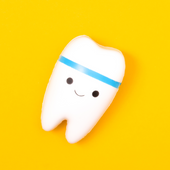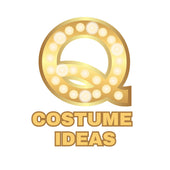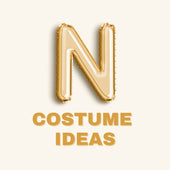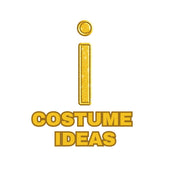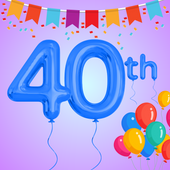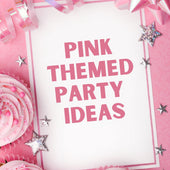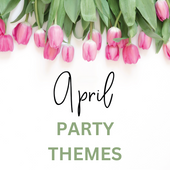
Whiteboard Games
Welcome to the wonderful world of whiteboard games! Whether you've got a shiny new whiteboard or an old one that's seen better days, I've got the scoop on how to turn it into the center of fun.
From kids to seniors, and everyone in between, there's a whiteboard game just waiting to spark joy and maybe a little friendly competition. So grab your markers, and let's dive into the fun!
Fun Whiteboard Games for Kids
Kids and whiteboards go together like peanut butter and jelly. The combination of creativity and easy cleanup makes for the perfect playtime setup. Here are a couple of favorites:

- Hangman: A classic for a reason! It's perfect for practicing spelling and vocabulary. Plus, the anticipation as you draw each part of the hangman adds an extra layer of excitement.
- Pictionary: Unleash their inner artist with whiteboard Pictionary. It's all about guessing what someone is drawing, and the whiteboard makes it super easy to play round after round.
- Word Search Madness: Create a large grid on the whiteboard and fill it with letters, hiding several words within. Challenge the kids to find as many words as they can in a set time. To make it even more educational, you can theme the words around a topic they're learning in school, like animals, space, or historical figures.
-
Build-a-Story: This game turns storytelling into an adventure. Start by writing the opening sentence of a story on the board. Each child then takes turns adding a sentence to the story. The twist and turns that the story takes can be hilarious, and it's a fantastic way to encourage creative thinking and writing skills.
-
Math Race: Turn math into an exciting race! Write a column of math problems suited to their grade level. Divide the kids into teams, and have one member from each team solve a problem as fast as they can. The first one to solve it gets a point for their team. It's a great way to make math practice more engaging. - The Secret Word: This game is a mix of art and vocabulary. Choose a secret word and draw a picture that represents it on the whiteboard without revealing the word. The kids then guess what the word might be based on the drawing. This game is excellent for vocabulary development and understanding of concepts.
- Whiteboard Relay: This game adds physical activity to whiteboard fun. Divide the kids into teams, and have each team line up a distance from the whiteboard. Call out a word or a math problem, and the first player in each line races to the board to write the answer. Then, they race back to tag the next player in line. It's a great way to keep kids active and engaged.
- Drawing Duplication: In this game, one child draws a simple picture on one side of the whiteboard without letting the others see. Then, without showing the original drawing, they must describe it to their peers, who try to replicate the drawing based on the description alone. This game is excellent for communication skills and attention to detail.
- Spot the Difference: Draw two very similar scenes on the whiteboard, but with a few subtle differences between them. Have the kids work together to find all the differences. This game is fantastic for developing observational skills and teamwork.
- Alphabet Soup: Write the alphabet randomly across the board and then give the kids a category, like "fruits" or "animals." They then have to find and circle letters in order to spell out words that fit the category. This game is great for letter recognition and vocabulary building.
These whiteboard games are not only a blast to play but also subtly reinforce learning, making them a win-win for kids and teachers.
Whiteboard Games for Teens That Will Actually Want to Play

- Whiteboard Jeopardy: Create categories and questions just like in the show. It's a fantastic way to review for tests or just learn fun facts.
- Tic-Tac-Toe Tournament: Add a competitive edge to the classic game by hosting a tournament. Brackets, cheers, and maybe a little prize for the winner could make this a hit.
- Whiteboard Quiz Show: Turn the whiteboard into a quiz show set. Prepare questions related to their curriculum or general knowledge questions. Divide the kids into teams and let them compete to see who can score the most points. This format not only makes learning fun but also encourages teamwork and quick thinking.
- Emoji Story: Draw several emojis on the board in a random order. Challenge the kids to create a story that includes all the emojis in the order they appear. This game is a fun way to engage the teens while encouraging storytelling and sequencing skills.
- Code Breaker: Turn the whiteboard into a code-breaking challenge. Write a series of symbols or letters that represent a secret message or a riddle to solve. Working in teams or individually, teen need to crack the code. You can tie this into their current studies, like using historical ciphers or creating math-based codes.
- Whiteboard Trivia: Who doesn't love a good trivia game? Tailor your questions to interests that resonate with teens, such as pop culture, music, sports, and current events. Use the whiteboard to display the questions and keep track of scores. You can even let the teens form teams and come up with their own set of questions for a round, putting them in the quizmaster's seat.
- Lyric Challenge: Write down a line from a popular song (keeping it appropriate, of course) and have the teens guess the song and artist. You can make it more challenging by selecting less obvious lines or translating the lyrics into another language with Google Translate and then back to English for some amusingly distorted results.
- Hashtag Hunt: In this game, write down a series of hashtags that relate to specific events, trends, movies, or memes. Teens must guess what each hashtag refers to. This game not only taps into their social media savviness but also encourages discussion about current trends and events.
- "Would You Rather?" Game: Use the whiteboard to list a series of Would You Rather questions. These can range from silly to serious, sparking debates and discussions among the teens. It's a great way to get them talking, sharing opinions, and learning about each other in a fun, low-pressure setting.
Whiteboard Fun for Adults
Who says kids get to have all the fun? Adults can get in on the action too!
- Charades Ideas: Use the whiteboard to keep score and write down the charades categories or difficult words. It's a great icebreaker for parties.
- Storyboard: Unleash your inner filmmaker by drawing and writing a short story as a group. It's collaborative, creative, and a lot of laughs.
- Escape Room Challenge: Use the whiteboard to create an "escape room" scenario, where participants must solve puzzles and riddles to "escape." These can be themed around historical mysteries, space adventures, or detective stories. It's a great way to encourage problem-solving and teamwork, and you can adjust the difficulty level based on the group.
- The Quote Game: Write down famous quotes or lines from movies, books, or speeches, leaving out key words or ending the quote before its most recognizable part. Participants have to fill in the blanks or finish the quote. This game can lead to discussions about the context of the quotes, the significance of the works they come from, and even personal interpretations.
- Two Truths and a Lie: This classic game gets a whiteboard twist. Participants write two truths and one lie about themselves on the board. The rest of the group then guesses which statement is the lie. It's a fantastic icebreaker and a way to learn surprising facts about each other.
- Visual Telephone Game: Based on the traditional game of telephone, but with drawings. One person draws something on the whiteboard, then the next person has to replicate it from memory on another part of the board, and so on. By the end, the final drawing is often hilariously different from the original. This game is excellent for laughs and showcases how differently we interpret visual information.
- Whiteboard Win, Lose or Draw: This is the classic game of Win, Lose or Draw, but with a twist. Before the party, prepare a list of things to draw that are challenging or out-of-the-box. Participants take turns drawing while their team guesses. The catch? The artist can't look at the board while drawing; they must rely on directions from their teammates. This variation adds an extra layer of hilarity and challenge.
Whiteboard Games for Seniors
Seniors can greatly benefit from engaging in whiteboard games, combining fun with cognitive stimulation.

- Word Ladders: Change one letter in a word to make a new word. It's great for keeping the mind agile and learning new words.
- Memory Game: Write down words or draw pictures, then erase them and see who can remember the most. It's a simple memory game for seniors that can be surprisingly challenging.
- Crossword Creation: Instead of solving a crossword puzzle, participants create one on the whiteboard. Start with one word in the middle, and then each player takes turns adding new words that connect. This game challenges vocabulary and spelling skills and can lead to discussions about the meanings and origins of words.
- Timeline Tales: Use the whiteboard to draw a simple timeline spanning several decades. Ask participants to add significant personal or historical events to the timeline. This can stimulate memory recall and encourage the sharing of personal stories and historical knowledge.
- Famous Faces: Draw or write clues about famous people from various eras on the whiteboard, and have participants guess who they are. This can range from movie stars of the golden era to influential figures in history. The game can prompt discussions about the past, bringing back memories.
- Word Association Web: Write a word in the center of the whiteboard, and then participants take turns writing words that they associate with it, connecting them in a web-like structure. This activity stimulates cognitive processes and can reveal interesting connections.
- The Price Was Right: This game revolves around nostalgia and memory. Write down items that were commonly purchased in past decades, and have participants guess how much they cost at the time. After everyone guesses, reveal the actual price. This game can lead to discussions about inflation, the value of money, and how times have changed, often with a sense of humor.
- Artistic Memories: Encourage participants to draw simple pictures of objects, places, or events from their past on the whiteboard, while others guess what they are. This game not only stimulates memory and creativity but also provides a platform for storytelling and sharing personal experiences.
- Brain Teasers and Riddles: Present brain teasers, riddles, or logic puzzles on the whiteboard for the group to solve together. These activities are excellent for cognitive stimulation and can be adapted to suit a wide range of abilities and interests, ensuring that everyone can participate.
Educational Fun: Maths Whiteboard Games
Math doesn't have to be a bore, especially when you've got a whiteboard at your disposal.

- Race to Solve: Write down a series of math problems. Participants race to solve them first. It's amazing how a little competition can make math exciting.
- Equation Race: Write a series of equations on the whiteboard, but leave out the numbers, replacing them with blanks or symbols. Divide players into teams, and have them race to fill in the blanks correctly first. You can adjust the complexity of the equations based on the age and skill level of the players.
- Math Bingo: Create bingo cards with answers to various math problems. Then, call out or write the problems on the whiteboard one by one. Players mark off the answers on their bingo cards until someone gets a bingo. This game is fantastic for practice with addition, subtraction, multiplication, division, or even more advanced concepts like fractions and algebra.
- Number Ladder: Draw a ladder on the whiteboard, with each rung representing a step in a sequence or pattern (e.g., skip counting or multiplication tables). Players take turns filling in the missing numbers or extending the sequence. It's a simple way to practice patterns and sequences.
- Math Relay: Set up a relay race where teams have to solve a math problem before running to the whiteboard to write the answer. Make it more challenging by having the next problem in the sequence only revealed once the previous one is correctly solved. This game is excellent for promoting teamwork and quick thinking.
- Shape Detective: Draw various geometric shapes on the whiteboard with some of their properties (e.g., number of sides, angles, parallel lines). Players act as detectives to identify the shapes based on the clues provided. This game is great for geometry review and can be adapted for different levels of difficulty.
- Fraction Wars: Write fractions on the whiteboard and have players or teams challenge each other to convert them, find equivalent fractions, or compare them to determine which is larger or smaller. This can also extend to adding, subtracting, multiplying, or dividing fractions.
- Math Wheel of Fortune: Create a wheel on the whiteboard divided into sections with different math categories (e.g., algebra, geometry, trigonometry, basic arithmetic). Players spin the wheel (you can simulate this) and solve a problem from the selected category. This game can be a fun way to review a wide range of math topics.
- Math Jeopardy: Set up a Jeopardy-style game on the whiteboard, with categories and point values for math questions ranging from easy to hard. Teams choose questions and earn points for correct answers, with the possibility of daily doubles. This format encourages strategic thinking and teamwork.
- Target Number: Write a "target number" on the whiteboard, and then list several other numbers. Players must use any combination of arithmetic operations (addition, subtraction, multiplication, division) with the listed numbers to reach the target number. This game is excellent for practicing order of operations and creative problem-solving.
Keeping Your Whiteboard Clean: Best Whiteboard Cleaner
After all this fun, your whiteboard might look like it's been through a lot. Here's a quick tip: for the best whiteboard cleaner, mix 50% water and 50% isopropyl alcohol in a spray bottle. Give it a good shake, spray, wipe, and voilà! It'll be like new, ready for your next whiteboard adventure.
Whiteboard games are not just a way to pass the time; they're a fantastic way to engage brains, encourage creativity, and foster social connections. Whether for learning or leisure, these games can adapt to any group, making them a versatile tool in any setting.
So, next time you're staring at that blank white space, remember it's a canvas for fun. Let the games begin!

